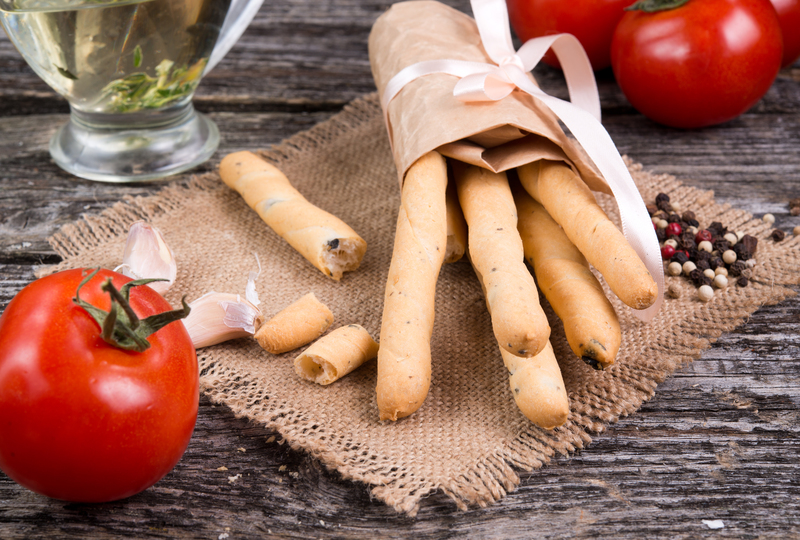Restaurant Waste Conversion: From Trash to Treasure
In an era where sustainability is more than just a buzzword, restaurants are turning their focus towards managing waste effectively. Restaurant waste conversion is a transformative process that converts what was once considered trash into valuable resources, demonstrating an innovative approach to environmental conservation and waste management.
The Rising Challenge of Restaurant Waste
The modern culinary industry is both a boon and a bane. While it excites taste buds globally, it simultaneously contributes to vast amounts of waste. A staggering quantity of food scraps, packaging, and other refuse is discarded daily. Understanding the nature of this waste is vital for implementing effective conversion methods.
Categories of Restaurant Waste
- Food Waste: Typically includes leftovers, peels, bones, and expired products.
- Packaging Waste: Encompasses plastic, cardboard, glass, and cans.
- Non-recyclable Waste: Items contaminated with food, certain plastics, and composite materials.
With growing awareness and regulations, the urgent need to convert restaurant refuse into treasure is more palpable than ever. But how are restaurants achieving this seemingly Herculean task?

Innovative Practices in Waste Conversion
The waste-to-resource journey involves several inventive practices, enabling restaurants to play a pivotal role in promoting sustainability. Let's explore some of the prominent conversion methods that are gaining momentum around the world.
1. Composting: Breathing Life into Soil
Composting is one of the most effective ways to manage organic waste. It transforms kitchen scraps into nutrient-rich fertilizer that can rejuvenate soil and support agriculture. Here's how it works:
- Segregation: Organize waste by separating biodegradables from non-biodegradables.
- Aerobic Decomposition: Utilize microbes that thrive on oxygen to break down organic matter efficiently.
- End Product: Result is a high-quality compost, invaluable for gardening and farming.
Composting not only reduces landfill burden but also returns valuable nutrients back to the earth.
2. Recycling: Giving Materials a Second Chance
Recycling is a well-established practice, yet it continuously evolves with emerging technologies. Restaurants are enhancing their recycling efforts by:
- Streamlined Sorting: Implementing systems that efficiently separate recyclables on-site.
- Partnering with Local Facilities: Collaborating with recycling facilities that specialize in food industry materials.
- Creative Reuse: Repurposing glass bottles and cans for d?cor or practical utilities.
The benefits of recycling extend beyond reducing waste--they conserve natural resources and energy, contributing to a smaller carbon footprint.
3. Anaerobic Digestion: Energy from Organics
Anaerobic digestion is a cutting-edge technology in the realm of waste conversion. This process involves:
- Organic Waste Collection: Gathering food scraps and other organic material suitable for digestion.
- Bacterial Breakdown: Employing specific bacteria to decompose waste in the absence of oxygen.
- Biogas Production: Generating methane-rich biogas, which can be harnessed for energy, and digestate, a nutrient-dense fertilizer.
This method essentially turns trash into energy, offering a renewable solution that addresses two problems--waste management and energy sustainability.
Benefits of Restaurant Waste Conversion
Embracing restaurant waste conversion offers a multitude of advantages, making a compelling case for eateries to adopt such eco-friendly practices. Here are several key benefits:
Environmental Impact
By mitigating the amount of waste sent to landfills, restaurants can significantly reduce their carbon footprint. This shift is crucial for battling climate change and fostering a healthier planet.
Cost Efficiency
Many conversion methods, particularly those that create usable products like compost or biogas, can lead to cost savings. Reduced waste disposal fees and the potential to generate energy or fertilizers represent direct financial benefits.
Enhanced Reputation
Today's consumers are increasingly eco-conscious, preferring businesses that share their values. Restaurants that prioritize waste conversion often enjoy improved public image and customer loyalty.
Challenges in Restaurant Waste Conversion
Despite its many benefits, waste conversion presents several challenges, requiring persistence and innovation to overcome:
- Initial Investment: Setting up systems for composting or anaerobic digestion can demand significant initial costs.
- Space Limitations: Many urban restaurants operate in confined spaces, challenging the feasibility of comprehensive waste management solutions.
- Behavioral Shift: Training staff, altering routines, and instilling a sustainability mindset requires time and effort.
Addressing these challenges often involves strategic partnerships with local governments, NGOs, and waste management experts.

The Future of Waste Conversion in Restaurants
The landscape of restaurant waste conversion is ever-evolving, marked by continuous advancements. Here's a glimpse into the future:
Technological Innovation
Emerging technologies promise enhanced efficiency and new possibilities for waste conversion. Automated sorting systems, advanced composting techniques, and scalable anaerobic digesters are on the horizon.
Policy and Incentives
Governments worldwide are increasingly recognizing the importance of sustainable waste management. Expect more incentives, grants, and regulations designed to promote restaurant sustainability.
Consumer-driven Change
As awareness grows, patrons are likely to demand more transparency and accountability from their favorite dining spots, compelling restaurants to prioritize waste transformation initiatives.
Conclusion
Transforming restaurant waste from mere refuse into a valuable resource is no longer a distant aspiration--it's a practical, achievable goal. By embracing waste conversion technologies and practices, the food service industry stands to make a profound impact on global sustainability efforts. As restaurants progressively turn trash into treasure, they not only protect the environment but also pave the way for a greener, more sustainable future for generations to come.